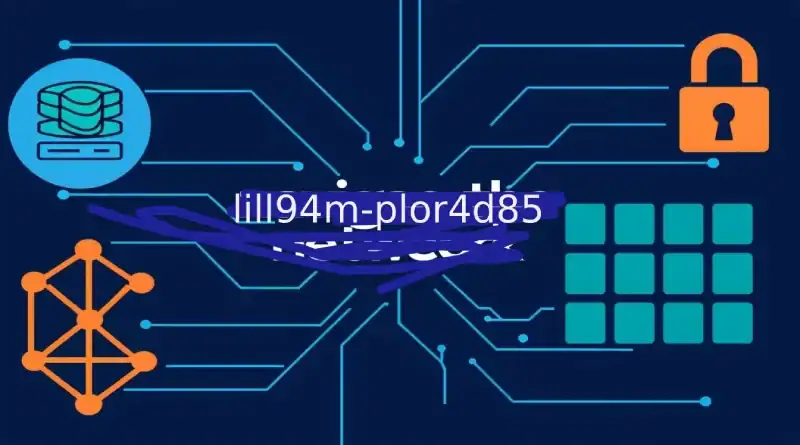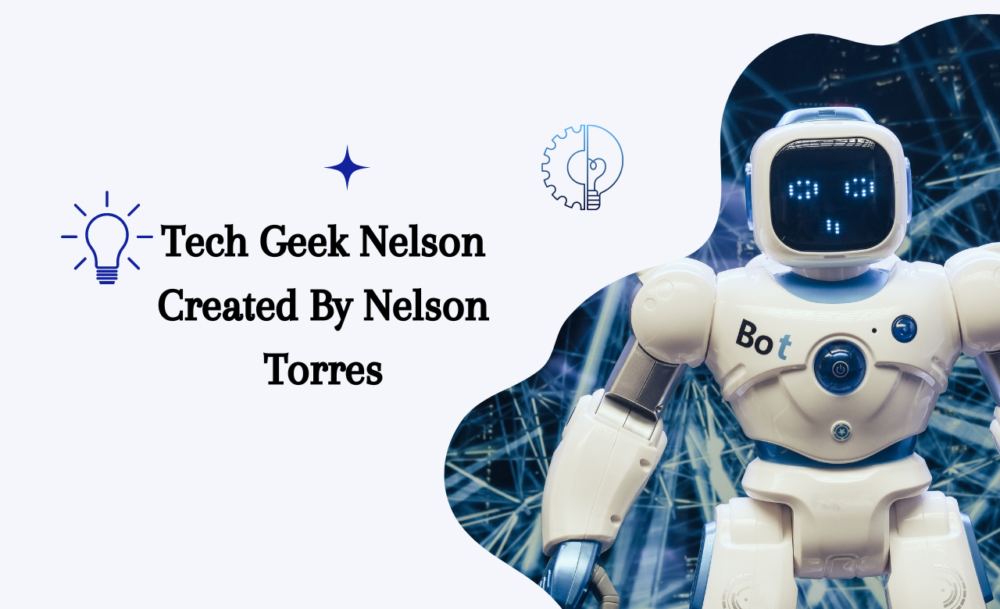
This article will explore the future of the web and how it will affect marketing, technology, and consumer privacy. Blockchain technology, augmented reality, and Ubiquitous access to information will all change the way we use the web and how we interact with it. This article is a great starting point for learning more about these emerging technologies and how they will impact the future of digital marketing. After reading this article, you will be better prepared to understand how Web 3.0 will impact your business and consumer privacy.
Blockchain technology
The term “web 3.0” was coined by Ethereum co-founder Gavin Wood shortly after the cryptocurrency first launched in 2014. Early crypto adopters felt that the internet was becoming too centralized and required too much trust. This sentiment was validated by the introduction of blockchain technology, which enables decentralized payment, identity and content management. The term “web 3.0” has been a recurring topic in the tech world, and is now being discussed by many high-profile technologists.
Web 3.0 will be far safer than its predecessors. It will be decentralized and distributed, making it difficult for hackers to penetrate the network. In the past, data generated by users was owned by tech behemoths. Blockchain-powered Web 3.0 will give users complete ownership of their data. All data shared through the network will be encrypted, and users will have full control over which information they choose to share and earn from the sharing of that information.
Artificial intelligence
AI is a key component of web 3.0. The development of web services with AI capabilities could greatly improve the user experience. Search engines currently rely on algorithms written by humans. As the capabilities of AI continue to improve, web services could use AI to produce better search results and recommend content based on user preferences. This would make the web experience more personalized, and ultimately increase user engagement and satisfaction. Listed below are just a few of the ways AI could help the web.
AI can help reduce the use of manipulative practices online. It will enable Web3 blockchain networks to implement layers of identity protection. Moreover, AI is expected to improve on-chain processes. While centralized internet companies already use AI for data analytics, advanced artificial intelligence could recreate a comprehensive image of a customer’s online activities. AI systems can piece together dozens or even hundreds of data points to create a holistic picture of a customer’s online activities.
Semantic web
The Semantic Web is a set of standards for making information on the Internet machine-readable and interoperable. Although the term Web 3.0 is often used interchangeably, the two concepts are very different. The Semantic Web is an extension of the World Wide Web, based on the standards of the World Wide Web Consortium. The idea is to make all internet data machine-readable, so that anyone can use it to perform various functions.
Using common metadata vocabularies and structured data, document creators can markup their documents and make them more discoverable. Then, a semantic web agent can process the metadata and perform tasks for the user. For example, an automated agent can check an online store’s reputation to ensure that it has been around for a while. The Semantic Web also helps search engines better utilize essential data in web searches.
Ubiquitous access to information
The next generation of the web will enable us to access information anywhere, anytime, and from any device. Web 3.0 will also give us the freedom to sell our own data to advertisers, and it will allow us to interact more meaningfully with our websites and machines. This new web will be open to the public, based on open-source software and developed by a community of developers. However, it will also have its share of critics.
In contrast to Web 2.0, Web 3.0 is intended to be more intuitive, efficient, and meaningful. It will also be more accessible to people with limited resources. It will use cheap devices to make it easier to access content. It will also be more spatial, incorporating 3D graphics and virtual worlds. As a result, the real and virtual worlds will be blurred and will have a higher degree of realism.
Tokenization of data
Tokenization is a fundamental development of Web 3.0. The process of digitizing assets, rights, and data into a digital representation is known as tokenization. These digital assets are then exchanged on blockchain systems. Cryptocurrencies, such as bitcoin and Ethereum, are an example of a fungible token. Because they represent unique assets, users can own and monetize them with their own digital tokens.
While the current state of the Internet may seem stable, the future of data exchange is still a complex question. Tokenization allows data to be securely traded between users without compromising the privacy of individuals. Additionally, it provides a secure, anonymous Internet login without compromising privacy or security. In a future where data is freely exchanged and stored on the web, machine learning and artificial intelligence algorithms can perform life-saving actions and make valuable predictions. Unlike web 2.0, web 3.0 is completely decentralized, allowing users to trade data with other users without relying on a central authority.






